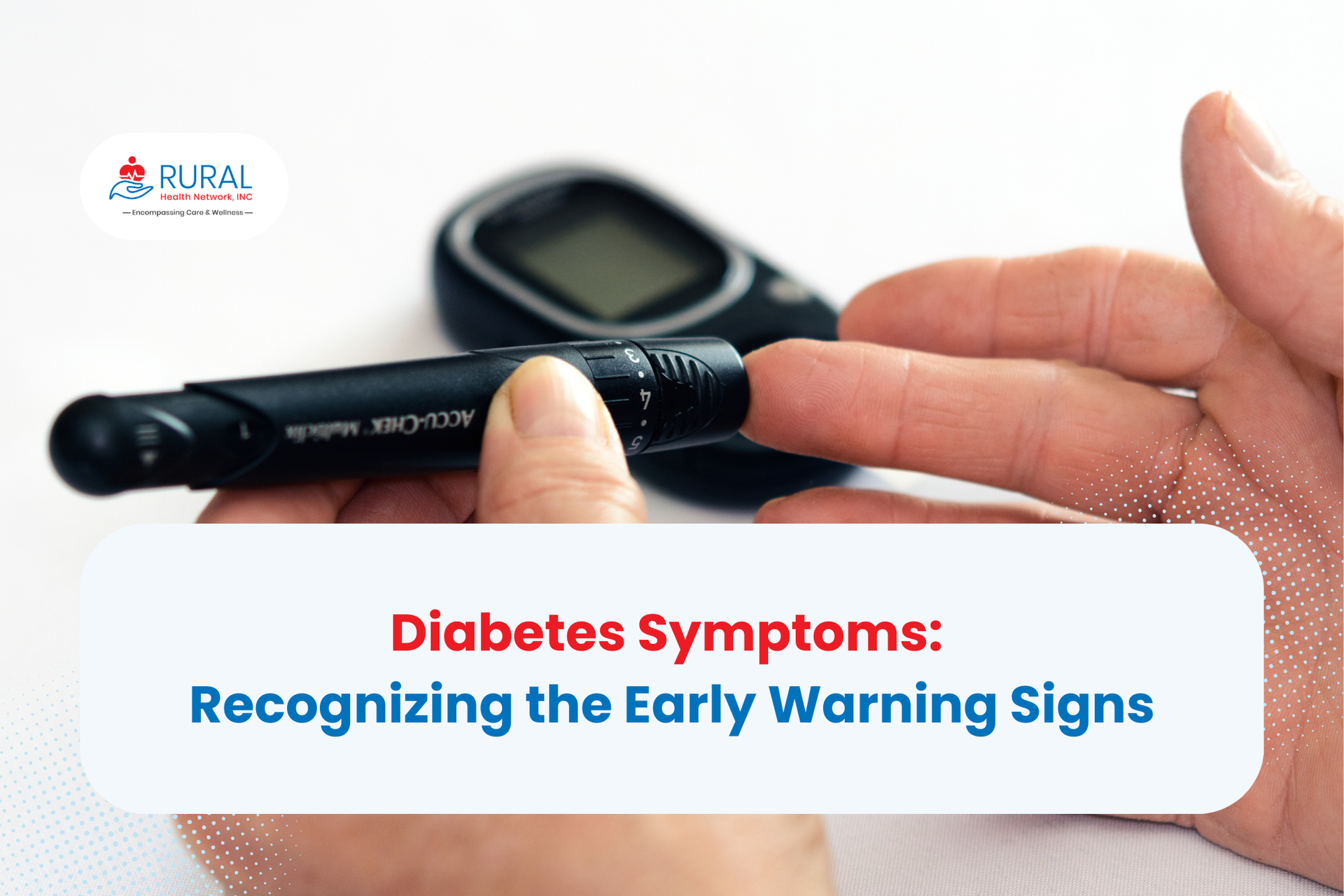Many men grew up with the stereotypical “tough it out” mentality, hardly ever seeking medical attention. A national survey in the U.S. conducted by The Harris Poll in May 2022 shows that one-third of men think they don’t need regular health screenings and annual checkups. Two-thirds of these individuals believe that they are naturally healthier than others.
Another study from the CDC shows that most men typically die six years earlier than women and are at higher risk for serious health conditions like diabetes, hypertension, and heart disease, especially those who are in rural areas with limited healthcare access. These statistics underscore the importance of overcoming unhealthy societal norms and staying on top of your health screenings.
Regular medical checkups are essential for preventive healthcare, and men should prioritize these routine visits for better long-term health. Annual checkups can assess the risk of illnesses and detect early signs of serious health conditions while they are still treatable.
If you want to be proactive in your screening routine but don’t know where to start, this blog is the perfect guide to completing your diagnostic health tests. You will learn more about some of the most essential screening tests men should prioritize and how these tests are done.
Get Screened Today
1. Prostate-Specific Antigen (PSA) Test
Prostate cancer is one of the top causes of cancer deaths among men ages 40 to 50. It’s essential to monitor your PSA level regularly to detect possible early signs of prostate cancer.
How It’s Done
- Inform your healthcare provider first about your medications before taking the test, as some drugs can cause your PSA level to be falsely low.
- A phlebotomist will take a blood sample from the inner side of your arm.
- For men ages 40 and 50, a PSA level greater than 2.5 ng/ml is considered abnormal, while the normal range is 0.6 to 0.7 ng/ml.
- If you have a high PSA level, the doctor might recommend a biopsy since it can be an indication of prostate cancer.
- It is highly recommended for men to take this test every two or three years, depending on their first PSA test results.
2. Blood Pressure Screening
High blood pressure, or hypertension, is known as a “silent killer” among men since it typically has no obvious symptoms in its early stages. The lack of noticeable signs is what makes it dangerous.
The normal blood pressure is <120/<80 millimeters of mercury. While elevated blood pressure can range from 120 to 129/<80 millimeters of mercury. Urgent medical treatment is needed if your blood pressure is greater than 180/120.
If your condition worsens over time, you will be at risk of life-threatening health issues like stroke, heart disease, and kidney failure. Health experts recommend that men in their early twenties have their blood pressure checked at least once every two years.
If you have a family history of hypertension, it is best to talk to a healthcare professional so you can monitor your blood pressure and take prescribed medications. If you need help managing your blood pressure regularly, inquire about
chronic care management services from a reliable clinic like
Rural Health Network.
3. Diabetes Screening
Diabetes screening aims to measure the blood sugar levels of an individual to detect
prediabetes
or diabetes. Type 2 diabetes is common among overweight men or those with a family history of the condition. If not prevented early, they will be at risk of major complications such as eye and foot problems, heart attack, stroke, kidney failure, and nerve damage.
Types of Blood Glucose Tests:
- AC1 test
- Glucose tolerance test
- Fasting blood sugar test
- Random blood sugar test
Men should have their blood glucose tested at least once every three years starting at age 45. If you have risk factors such as obesity or a sedentary lifestyle, you need to take the test earlier and undergo regular monitoring.
4. Lipid Panel
A lipid panel is a blood test that measures the amount of fats in your blood. It is highly recommended for men to undergo this test and have their cholesterol levels checked starting at the age of 35, especially if they have a family history of heart disease, obesity, and other risk factors.
High levels of cholesterols and triglycerides can lead to plaque buildup in the arteries, which can cause severe cardiovascular issues if not monitored early. A lipid panel is one of the most important health screening tests that men should not miss.
How to Prepare for a Lipid Panel
You are required to undergo 9 to 12 hours of fasting before your lipid panel test. However, there are instances where a person can still get a lipid panel test without fasting, depending on the advice of their healthcare provider.
5. Testosterone Levels Tests
Testicular cancer is the most common cancer among younger men ages 15 to 35. However, this is highly treatable if detected early. One way to detect testicular cancer early is through a testosterone levels test.
This test measures the amount of testosterone in the blood, which is crucial for assessing various health conditions related to hormone balance. This test determines the cause of symptoms associated with abnormal testosterone levels, such as low sex drive, infertility, erectile dysfunction, and changes in body composition in men. It also helps monitor individuals undergoing hormone therapy.
How It’s Done
A medical professional performs a
testosterone test by drawing a blood sample from a vein in the arm. The best time to take this test is around seven to ten in the morning when testosterone levels are at their peak.
Types of Testosterone Tests:
- Total testosterone test
- Free testosterone test
- Bioavailable testosterone test
Men are advised to take testosterone tests monthly, particularly those in their early stages of puberty.
The Importance of Men's Health Tests
Despite the widespread use of wellness exams and
health screening tests in the U.S., there are noticeable differences in healthcare access between rural and urban populations. Sadly, rural residents have always faced many barriers to healthcare services.
Here at
Rural Health Network, Inc., we prioritize the well-being of rural communities, especially in Newman, California. We aim to make our healthcare services more accessible and affordable to accommodate their needs and help improve their quality of life. From family medicine services to wellness exams, we are committed to providing quality and compassionate care to rural and diverse communities.
Preventive care is a crucial aspect of men’s health. By taking these necessary tests, you don’t just save yourself from long-term health consequences but also improve your overall well-being.
Always remember that incorporating wellness exams and health screenings into your routine is a powerful investment for your future. Stay informed, be active, and take charge of your health today. Encourage other men, your friends, or family members to take action and improve their health.
Start Your Path to Exceptional Care














